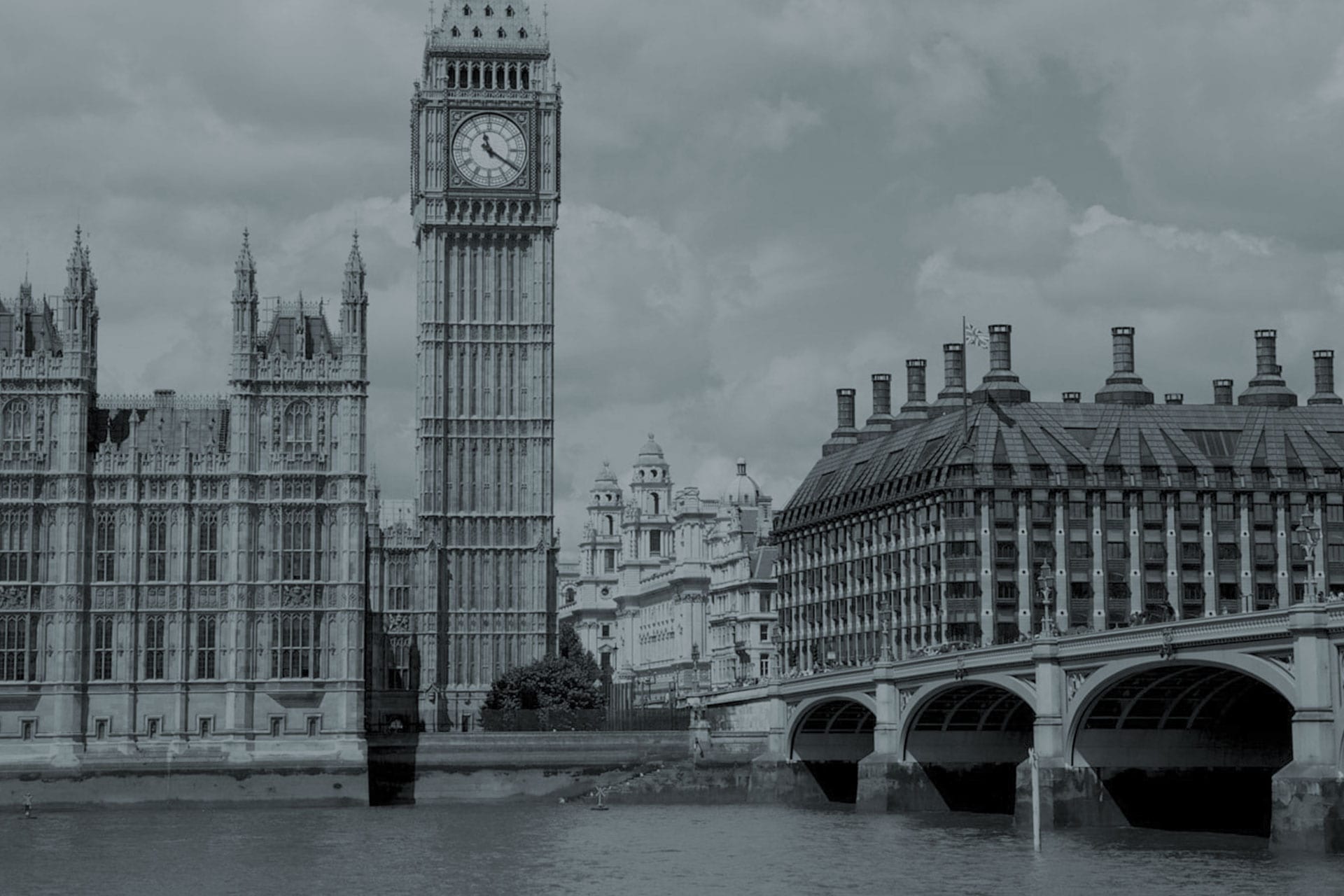Send your enquiry.
Contact us for a free, initial no obligation consultation.
"*" indicates required fields
Your information is safe and treated in accordance with our Privacy Policy
The Treasury Committee recently published a report detailing the ways in which UK authorities can reduce fraud and economic crime. The recommendations include a single law enforcement agency tasked with tackling economic crime, and the reform of Companies House.
The term ‘economic crime’ includes all types of financial crime such as fraud, money laundering, counterfeit currency, bribery and corruption.
Growth in economic crime
The government has introduced several measures in recent years in a bid to reduce economic crime. This includes the Economic Crime Plan which was unveiled in 2019. The plan contains 52 separate actions to better understand and combat economic crime. Other steps have also been taken since 2019, such as an extension of anti-money laundering regulation and legislation to cover crypto-asset firms and electronic money institutions.
Despite these efforts, the Crime Survey for England and Wales reports that between June 2019 and June 2021, the level of crime actually rose by 12%, driven by a 43% increase in fraud and computer misuse. There was also a 36% rise in fraud offences, a 34% increase in online shopping auctions fraud, and a 51% increase in financial investment fraud. Fraudulent claims made under the Bounce Back Loan Scheme is anticipated to be in the region of £4.9 billion. Other Covid-19 support schemes have also been abused, with fraud relating to the Self-Employed Income Support Scheme (SEISS) equating to £5.8 billion.
Treasury Committee report
The Treasury Committee has now published a report on fraud scams and economic crimes. The report looks at the measures taken since 2019 and how effective they have been. It concludes there is no “silver bullet” solution to tackling economic crime because the offences evolve so quickly. The Committee says not enough is being done to stem the rise in economic crime, and the current measures are not urgent enough. The report makes 22 recommendations, which are as follows:
- The Economic Crime Plan is to be adapted as necessary and renewed for three years to push harder and act faster to reduce fraud and economic crime. The Government should also consider whether the Plan’s governance has been effective and move toward a strategy that focuses on outcomes, not processes.
- The Government to publish an annual account of spending on economic crime with an account of how the yield from the Economic Crime Levy has been spent.
- The Government should publish a breakdown of how additional funding allocated for fighting economic crime will be spent and how much reaches crime-fighting agencies.
- Law enforcement agencies dealing with economic crime are numerous. A recommendation is to consider a single law enforcement agency with clear responsibilities and objectives. Agencies must be adequately resourced to prioritise and tackle the scale of the problem.
- The Government should set out the legislation being worked upon and assess the measures that may be required to be brought in through an Economic Crime Bill. They should also provide a timescale and explain why it has chosen not to bring forward such a bill at this time.
- An amendment should be made to the Draft Online Safety Bill to include fraud offences in the list of relevant offences. Online firms should be required to be proactive rather than reactive in removing fraudulent content.
- Consideration to be given to whether online platforms should be required to do Know Your Customer checks on their advertisers to make it harder for fraudsters to promote themselves.
- Online companies should not be allowed to ignore legislation designed to protect consumers. Financial services advertising regulations should also apply to online companies, and the FCA should have the necessary powers to enforce the regulations effectively.
- Consideration should be given to whether online companies should be required to contribute compensation when fraud is conducted using their platforms. Regulators and law enforcement agencies should have the powers needed to ensure they are provided with information required from online companies.
- Urgent legislation is required to give the Payments Systems Regulator the power to make reimbursement mandatory and that the Regulator can take rapid action to protect consumers. The Regulator should supply a report to the Committee on progress by the end of the year.
- The Treasury should be ready to bring forward any required legislation to improve data-sharing between banks.
- A timeline should be produced to show when the Suspicious Activity Reports reform programme milestones are expected, together with an annual progress report.
- Consideration should be given to the suspicion threshold and whether banks could be permitted to share information earlier than currently to improve the effectiveness of SARs.
- OPBAS (the Office for Professional Body Anti-Money Laundering Supervision) is still encountering poor performance from a large proportion of the professional bodies it supervises. The forthcoming Government review should consider radical reforms, including a move away from the self-regulatory body and creating a new body independent of the FCA. The review should also look at enforcement measures.
- HMRC to find a way to provide the assurance of independent assessment. HMRC’s role as a supervisor should be reviewed with a focus on what can be done to improve money laundering compliance.
- The FCA to provide an annual report on numbers of de-risking decisions and on progress to ensure banks do not unfairly freeze accounts and de-risking customers.
- The Government should ensure proper consumer protection regulation across the crypto-asset industry.
- The FCA to work with the Government to speed up the registration of crypto-asset firms for anti-money laundering without extending the current deadline.
- If the Economic Crime Plan is to be renewed as recommended, the Government should consider measures specifically to protect consumers from fraud and scams relating to crypto-assets.
- Reform of Companies House is essential, and the Government should seek ways to implement as many reforms as soon as possible before embedding a full transformation. Project milestones should be supplied to the Committee, together with an annual progress report.
- The cost of company and Limited Liability Partnership incorporation should be significantly increased to bring them closer to international standards.
- The Government to include a Registration of Overseas Entities Bill in the Queen’s Speech for the next Parliamentary session.
Related: The Economic crime Bill Explained



